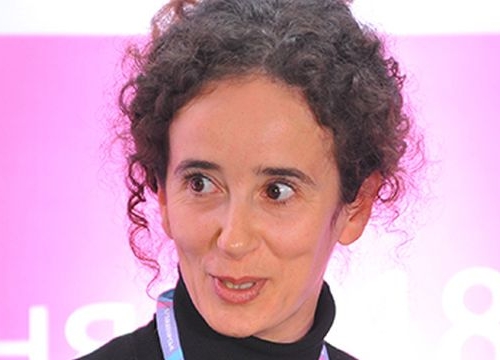Opening Lecture – International Human Rights Courts and Armed Conflicts
Event


CCPR Centre
International humanitarian law (IHL) — the body of norms that regulate armed conflicts — does not set out effective monitoring, investigation and compliance mechanisms. This structural flaw prompts more and more victims of IHL violations to turn to other fora in order to facilitate implementation of IHL and/or obtain reparation for breaches thereof.
In this opening lecture of the 2023–2024 academic year, Professor Hélène Tigroudja will discuss how United Nations (UN) human rights mechanisms address cases or situations that arise during armed conflicts.
As a member of the UN Human Rights Committee – which oversees the UN Covenant on Civil and Political Rights –, Professor Tigroudja will bring her extensive experience in dealing with such cases and provide insights on the related substantive and procedural questions.
About Helene Tigroudja
Hélène Tigroudja is a Law Professor at Aix-Marseille University (France), Co-Director of the Law School’s Master Program of International Law, Director of the Summer School on Practice of Human Rights and Expert on reparations before the International Criminal Court. She is also a member of the United Nations Human Rights Committee.
Professor Tigroudja has conducted research and taught in various universities such as Science Po Law School (Paris), Ecole Nationale de l’administration (Paris), Brussels University, Abomey-Calavi University (Cotonou, Benin), Hebrew University of Jerusalem, and Universidad Catolica de Buenos Aires, and she has been a visiting professional at the Inter-American Court of Human Rights. In July 2023, she delivered the course ‘Droit international des droits de l'homme et conflits armés’ at The Hague Academy of International Law.
Her focus in teaching and research ranges from international law, European law, international human rights law, international criminal law, and international migration law, with a special focus on comparative approaches of regional and universal human rights mechanisms. In 2022, she co-authored the book The American Convention on Human Rights. A Commentary (OUP).
Reception
A reception will follow the Opening Lecture
Disclaimer
This event may be filmed, recorded and/or photographed on behalf of the Geneva Academy. The Geneva Academy may use these recordings and photographs for internal and external communications for information, teaching and research purposes, and/or promotion and illustration through its various media channels (website, social media, newsletters, annual report, etc.).
By participating in this event, you are agreeing to the possibility of appearing in the aforementioned films, recordings and photographs, and their subsequent use by the Geneva Academy.








